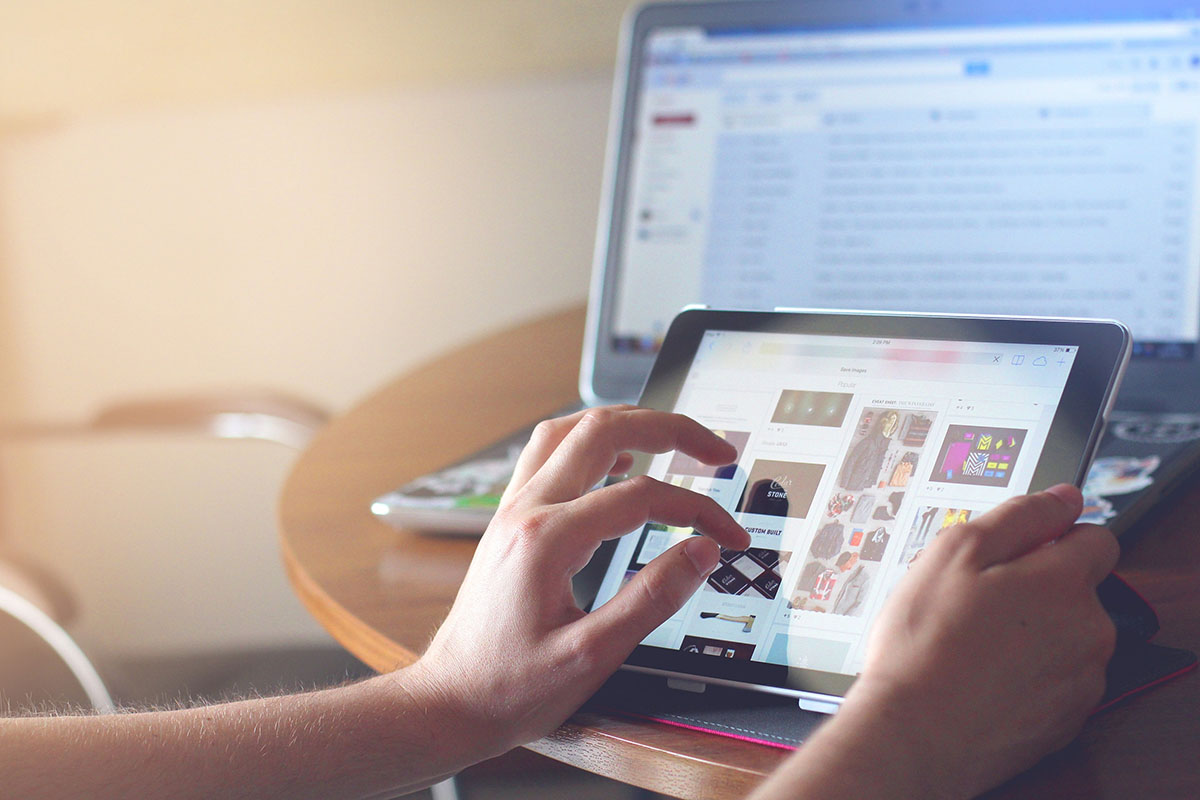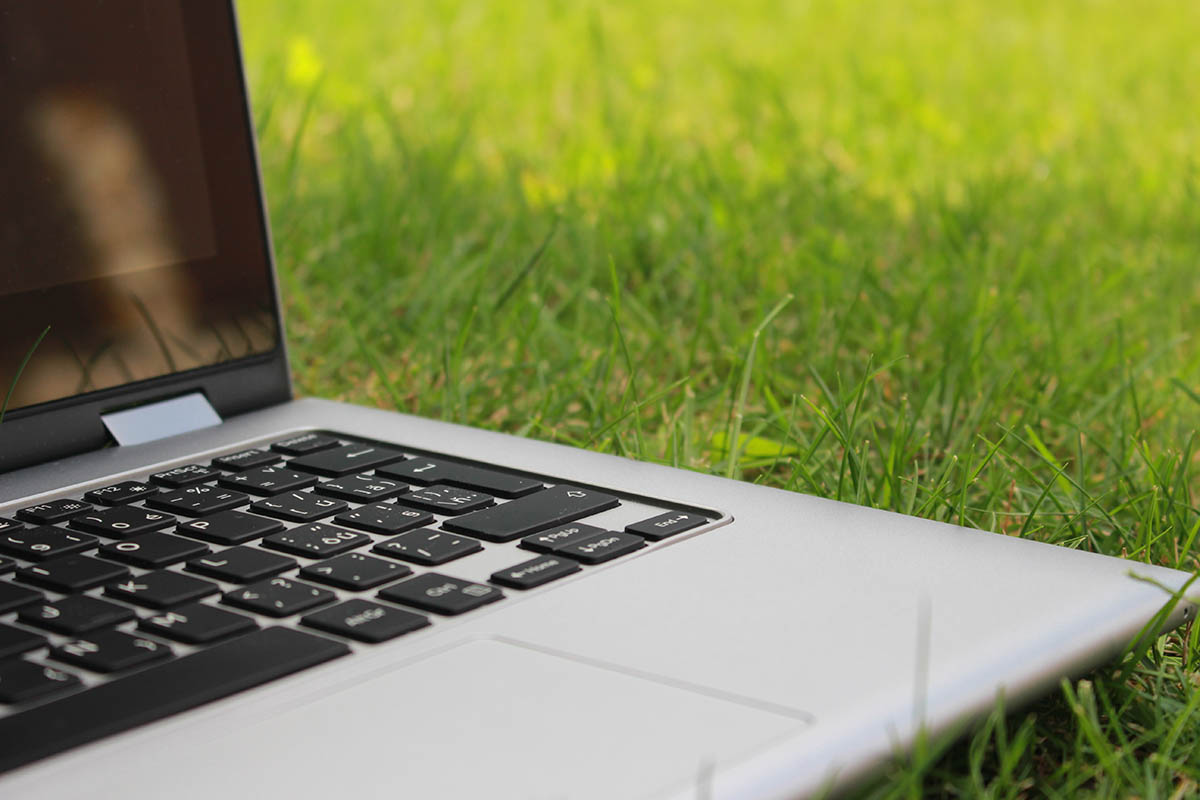How to Select the Best Business Laptop
With so many choices out there, buying the best laptop for your business is no easy feat.
Our buying guide considers budgetary concerns and general hardware best practices.
Set a Budget
Most businesses will find a product between $600 and $999 to meet their needs.
Normally, laptops in this price category offer sufficient memory and storage and a good enough processor for business multitasking.
Laptops in this category often feature fingerprint scanners and other business-class security features and tend to have good battery life, excellent displays, and comfortable keyboards.
Adopting different levels of devices is a popular approach to tech budgeting. Still, we do recommend sticking to one or two manufacturers to make mobile device management simpler.
This is why it’s best to leave buying decisions to a few higher-level employees rather than the whole team.
Ideally, you should have just one original equipment manufacturer and a maximum of three model variations. You might adopt two types of equipment if you have creative pros on board.
There are some excellent Chromebooks for business between $350 and $600.
Chromebooks have a lot less storage than Windows laptops in this price range, which is why they can afford to hold a lower price without sacrificing on display and build.
Still, a laptop in this category will only fulfill fundamental functions, such as using Microsoft Office, browsing and posting on social media.
Power and Portability
If you’re willing to spend over $1,000 on a laptop for your business, you’ll find a more portable and powerful one than those in the cheaper price ranges.
Ultraportable premium models offer fast performance and high power.
A design team, development team, or C-level execs who want to project a certain image will find these computers ideal.
Touchscreen or no touchscreen? 
If you use them often, touchscreens are a nice feature. Keep in mind that laptops that have stylus support or touchscreens are nearly always more expensive than similar models without such.
Laptops with touchscreens also use a lot more battery power than those without, even if the touchscreen feature isn’t used actively.
What is more, these screens are heavier than normal. Don’t go for touchscreen or stylus support just because you think it seems like a cool add-on.
The second most crucial factor to consider in business laptops is memory and storage. There are two basic types of storage and memory that your laptop will have.
For short-term memory, there’s random access memory (RAM), and a hard disk drive for long-term storage.
Some computers only have an SSD for long-term storage, while others have a solid-state drive (SSD) in addition to an HDD.
SSDs are becoming more and more popular for storage because they’re faster than HDDs. Consequently, your laptop runs faster too.
SSDs are more compact than standard hard drives because they don’t have any moving parts. This is the reason one almost always finds them in rugged laptops.
Select an Operating System
The choice is between Windows and Chrome unless you’re willing to spend over $1,200 for a single laptop. Currently, the worldwide business standard is Windows.
Windows 10 OS
You’ll have more laptops to choose from if you go with Windows OS compared to Chrome OS or Apple OS X.
There are Windows machines available in all possible configurations and price ranges, which means you have a lot to choose from within your budget.
The latest version of Windows is Windows 10.
It comes with a number of helpful new features that can boost your productivity. You can do all kinds of tasks with Cortana, Microsoft’s virtual assistant, including checking the weather, and scheduling appointments.
Task View lets you set up multiple virtual desktops for easier multitasking.
Familiarity is the main benefit of choosing Windows.
All your staff members have probably used a Windows laptop before, and most IT pros are able to provide support for Windows devices, even those with limited experience.
User-friendliness is an important part of business tech adoption. Most office workers are comfortable with Windows.
Chrome OS
Many businesses don’t know much about Google’s Chrome OS. Chromebooks were primarily created with students in mind when they first entered the market because of their very low cost.
Now, there are business-focused laptops equipped with Chrome OS. Chrome is a great choice if you are not interested in dealing with updates.
Chromebooks are designed to download and deploy updates for you automatically, which is a great timesaver for busy businesspeople.
Thanks to an increase in cloud-based programs such as Excel, Adobe Creative Cloud, Powerpoint, and Microsoft Word, Chromebooks are growing more functional for a broader range of business owners.
CPU
The laptop’s central processing unit or processor is a very important thing to look at when comparing laptop options. Processor quality has a huge impact on usability.
A lot of entrepreneurs splurge on top-of-the-line processors, but do they always need them? No. Here are some more details on the CPU.
Processors like Intel Core i3 and Intel Core i5 are effective for most businesses.
A Core i5 is a better option than a Core i3 if you multitask regularly, like running a POS system while managing huge spreadsheets in Excel.
If you stream media, use Outlook, type documents, post to social media, and store photos, a Core i3 will be perfectly OK. These processors are considered midrange.
Another notable one in this group is the Intel Core m7. You’ll probably only see these CPUs in hybrid laptop designs and lightweight laptops. For basic work tasks, they are totally fine.
This range of CPUs should suit your needs if you’ll only use the laptop occasionally to take notes and send emails or if you’re buying a secondary machine for travel.
However, you’ll need more power if your business requires you to run solid programs on a regular basis.
Conclusion
Thank you for reading our tips on how to select the best business laptop. You’ll find the recommended product categories and price tiers will invariably have something to meet your needs.



















